If you’re anything like me, when you first heard that a game set in the Lord of the Rings universe following the exploits of Smeagol was being developed, you were skeptical. Though vital to the story of Middle Earth’s conflict with Sauron, he’s largely a one note antagonist who is present for as long as necessary throughout the books, and no longer. At least that’s what I thought going in. But my brief time with The Lord of the Rings: Gollum makes a solid first argument that the lost journey of the third “hobbit” could be just as interesting as Frodo and Bilbo’s. Much of the new story blends seamlessly into the well-established lore, but it’s Smeagol’s relationship with his suppressed alter ego that keeps the journey compelling.
A big selling point for me was the possibility of following the footsteps of Middle Earth’s greatest misfit and watching him duel with himself. The body of the man is piloted by two minds, the naive and placid Sméagol and the selfish and malicious Gollum. Whenever he’s guided to make a choice, they’re usually from either perspective. Does Sméagol answer a question honestly and earnestly, or does Gollum lie and insult the inquirer? The developers told me that these choices do add up, and eventually you’ll find yourself in positions where one personality will dominate the conversation based on your preference of one over the other.
This isn’t a standard morality system as you’ve seen in games like Mass Effect, as not every choice Sméagol makes will keep him out of trouble. Sometimes the obsessive self interest of Gollum will keep him out of chains. This expresses itself in interesting ways while you explore the world too. In one chapter, you’re escorted into a spooky keep somewhere in Mordor by an imposing orc. He walks back to his post and gives you strict orders to stand still and wait for a gong. A good Sméagol would have nervously waited, but as a shifty little Gollum I attempted to escape. He’s quite the climber, with the platforming feeling largely like the Uncharted variety of ledge grabbing, vine scaling, and acrobatic swing jumping. It was a little jarring at first to see him move so video game-ly, considering my impression of the character established from the books and movies, but after a while his almost supernatural scampering feels right. This mixed with its approach to combat – to discourage it at every turn in favor of stealth and trap laying – combined to lock you into a style of play that feels appropriate for the sort of creature who lives in the shadows of bigger, scarier things and lives to tell the tale.
At the end of the above section, after traipsing over jagged scaffoldings and tip-toeing through laboratories and offices full of very important and conspiratorial looking objects, I met a creeper named Candle Man. His poise and intimidation factor made him right at home on the cliffs of Mt. Doom, so I assumed this was a character from a book I’d missed like The Silmarillion. I was corrected by Damiri Knapheide, Loremaster to the Daedalic development team, who assured me that he and several characters I had met in the roughly hour-long demo were creations for this story. Established characters like Gandalf the Grey make an appearance as well and are written and performed in a way that feels spot on to the characters we know and love.
Does all this make a cohesive experience that justifies taking another trip into the well-worn territory? There isn’t enough in the demo to be certain, but The Lord of the Rings: Gollum does at least make a good first impression, outlining a solid case for piloting one of the strangest and yet most important characters in the lore. Hopefully the final product, launching on May 25th for PC and consoles, melds the split personality choices, parkour, stealth, and story into a project you won’t want to throw into a volcano.


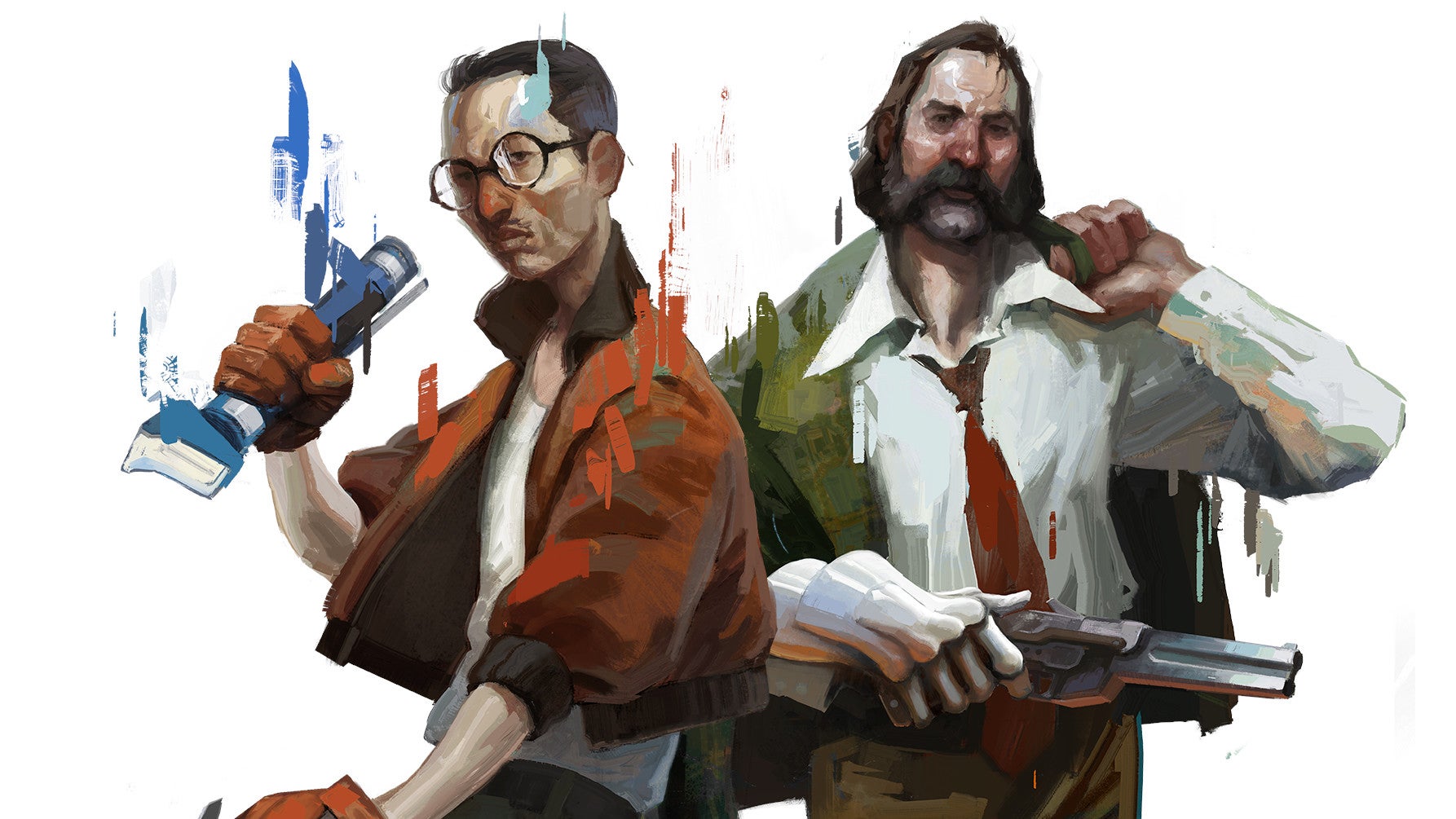 podcast we bite off more than we can chew by trying to make sense of the timeline of the Studio ZA/UM firings, lawsuits, and alleged fraud/toxicity, an ongoing and complicate mess that, as of this week, shows no signs of ungoing. We kind of end up on an “who tf knows?” but do manage to boil it down into a cowboy metaphor that helps us get a grip on things.
podcast we bite off more than we can chew by trying to make sense of the timeline of the Studio ZA/UM firings, lawsuits, and alleged fraud/toxicity, an ongoing and complicate mess that, as of this week, shows no signs of ungoing. We kind of end up on an “who tf knows?” but do manage to boil it down into a cowboy metaphor that helps us get a grip on things.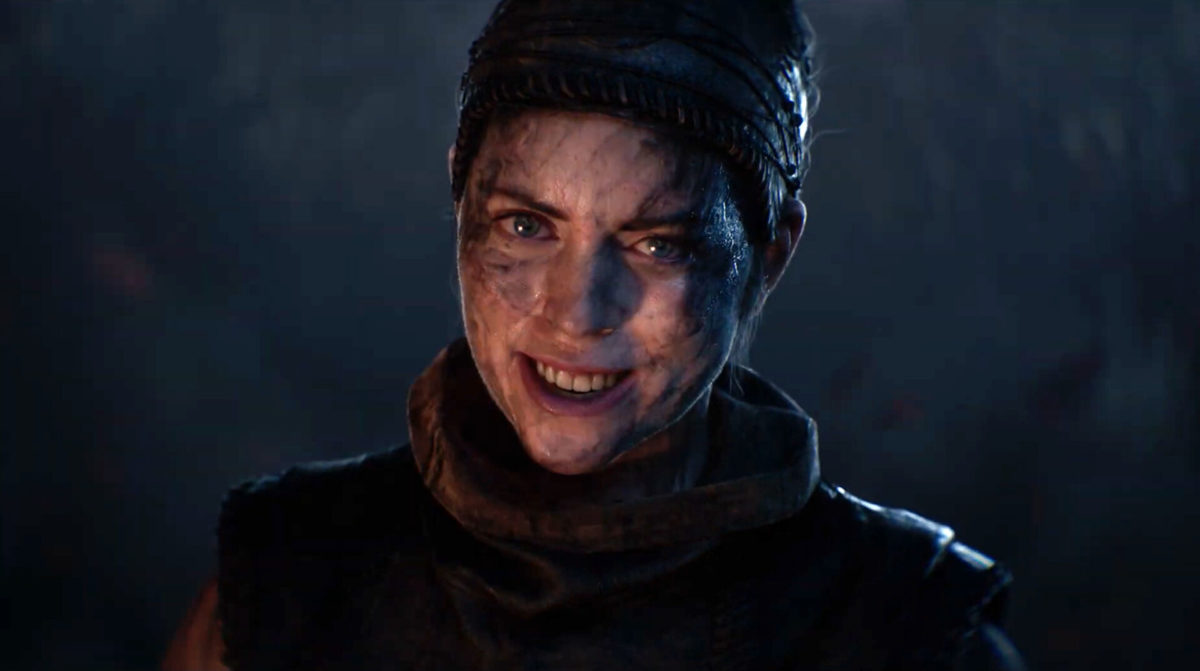
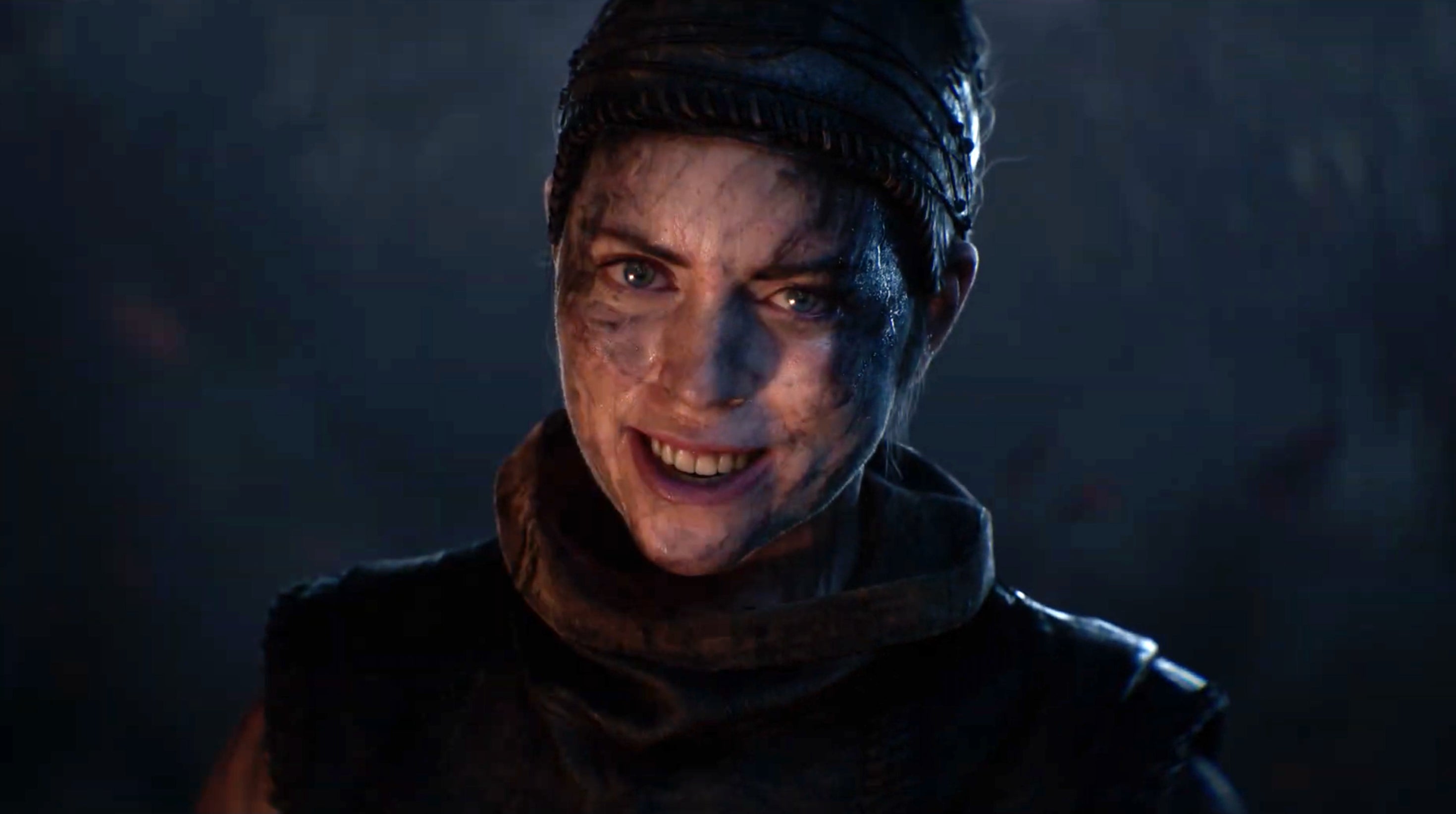 Fortnite’s Creative 2.0 mode, and debuted new looks at upcoming UE5-developed games such as
Fortnite’s Creative 2.0 mode, and debuted new looks at upcoming UE5-developed games such as 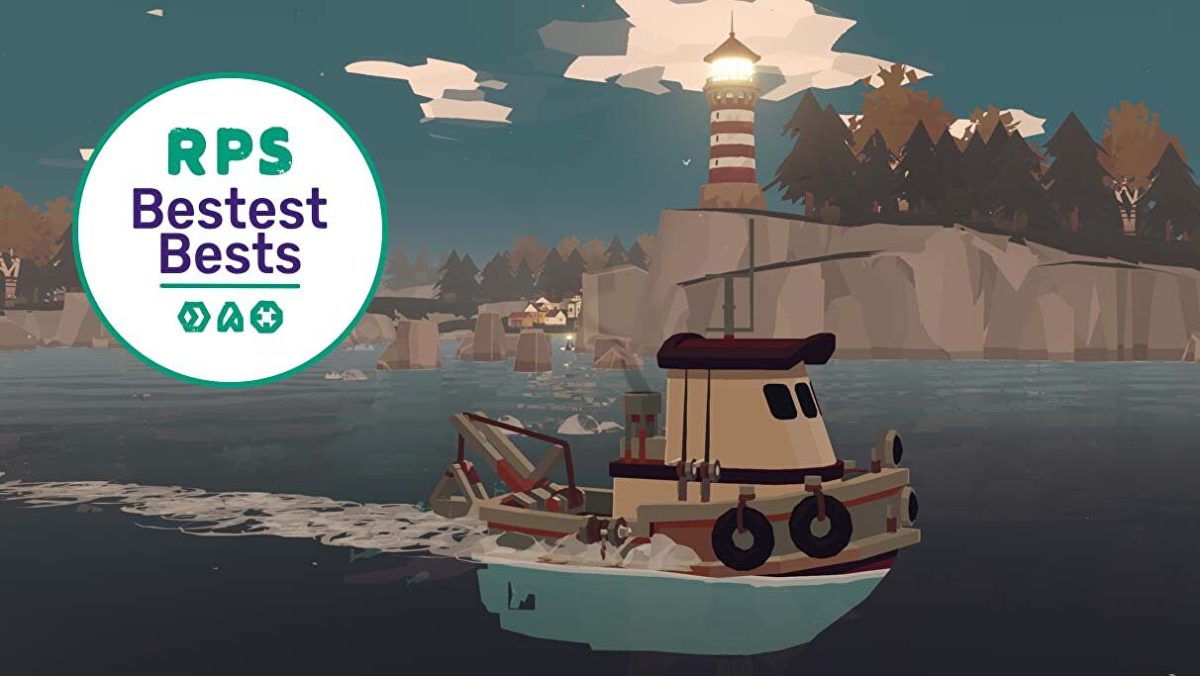
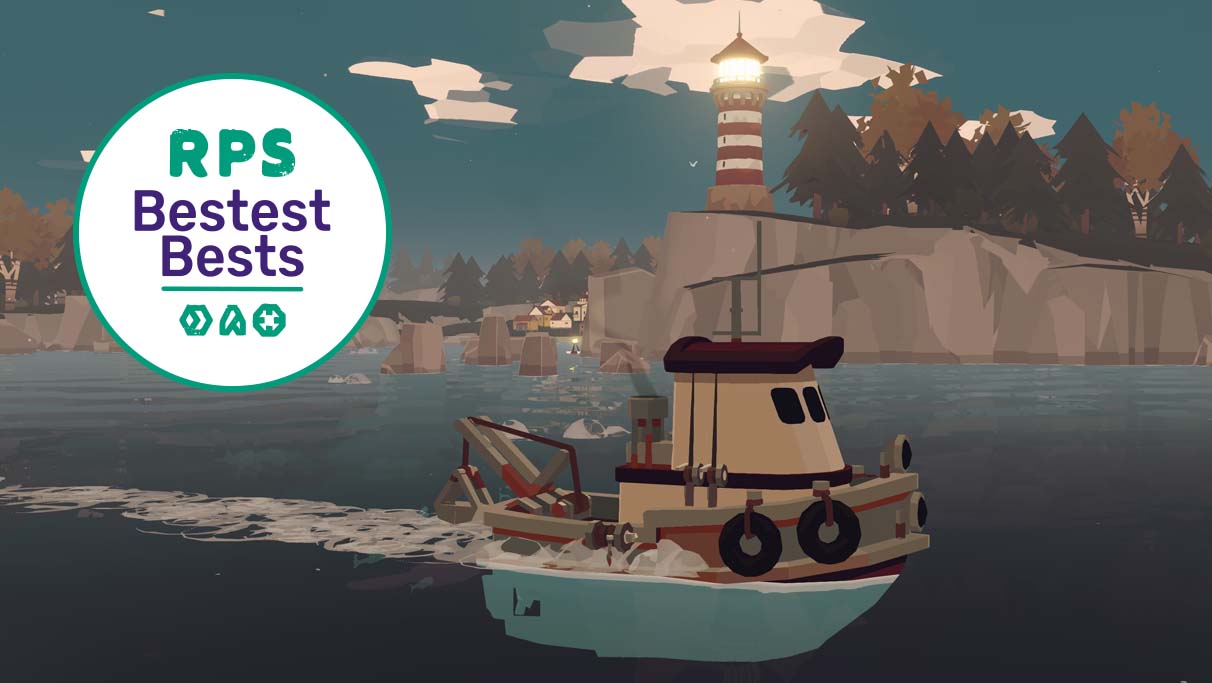 Dredge. Actually, scratch that. There are a lot of terrible things that call the oceans of The Marrows home in this melancholy fishing adventure, but what they are, I couldn’t possibly tell you. In all my hours sailing these cursed waters, I’ve only ever seen brief flashes of them – their ungodly, slippery masses, long spiny fins, and a dozen different combinations of glowing eyes, teeth and tentacles. They’re forever fading in and out of view, cloaked by the thick fog that blankets the sea every evening. Sometimes your ship lights will catch them for a split second before they slip away, or maybe you’ll only hear them hurtling toward you, with a scream of a jet engine and a maw that’s white hot, ready for gnashing your flimsy wooden carcass into sawdust.
Dredge. Actually, scratch that. There are a lot of terrible things that call the oceans of The Marrows home in this melancholy fishing adventure, but what they are, I couldn’t possibly tell you. In all my hours sailing these cursed waters, I’ve only ever seen brief flashes of them – their ungodly, slippery masses, long spiny fins, and a dozen different combinations of glowing eyes, teeth and tentacles. They’re forever fading in and out of view, cloaked by the thick fog that blankets the sea every evening. Sometimes your ship lights will catch them for a split second before they slip away, or maybe you’ll only hear them hurtling toward you, with a scream of a jet engine and a maw that’s white hot, ready for gnashing your flimsy wooden carcass into sawdust.
 shelves, and it’s now possible to pick up an RTX 4060 gaming laptop for just over a grand.</p><p>The Asus Tuf A15 is down to £1099 at Amazon, a great value for a machine that includes the aforementioned GPU rated up to a 140W TDP, a Ryzen 7735HS CPU, 16GB of DDR5 RAM, 512GB NVMe SSD, a 15-inch 1080p 144Hz IPS display and a 90Wh battery with fast charging.</p><p><a href=) Read more
Read more